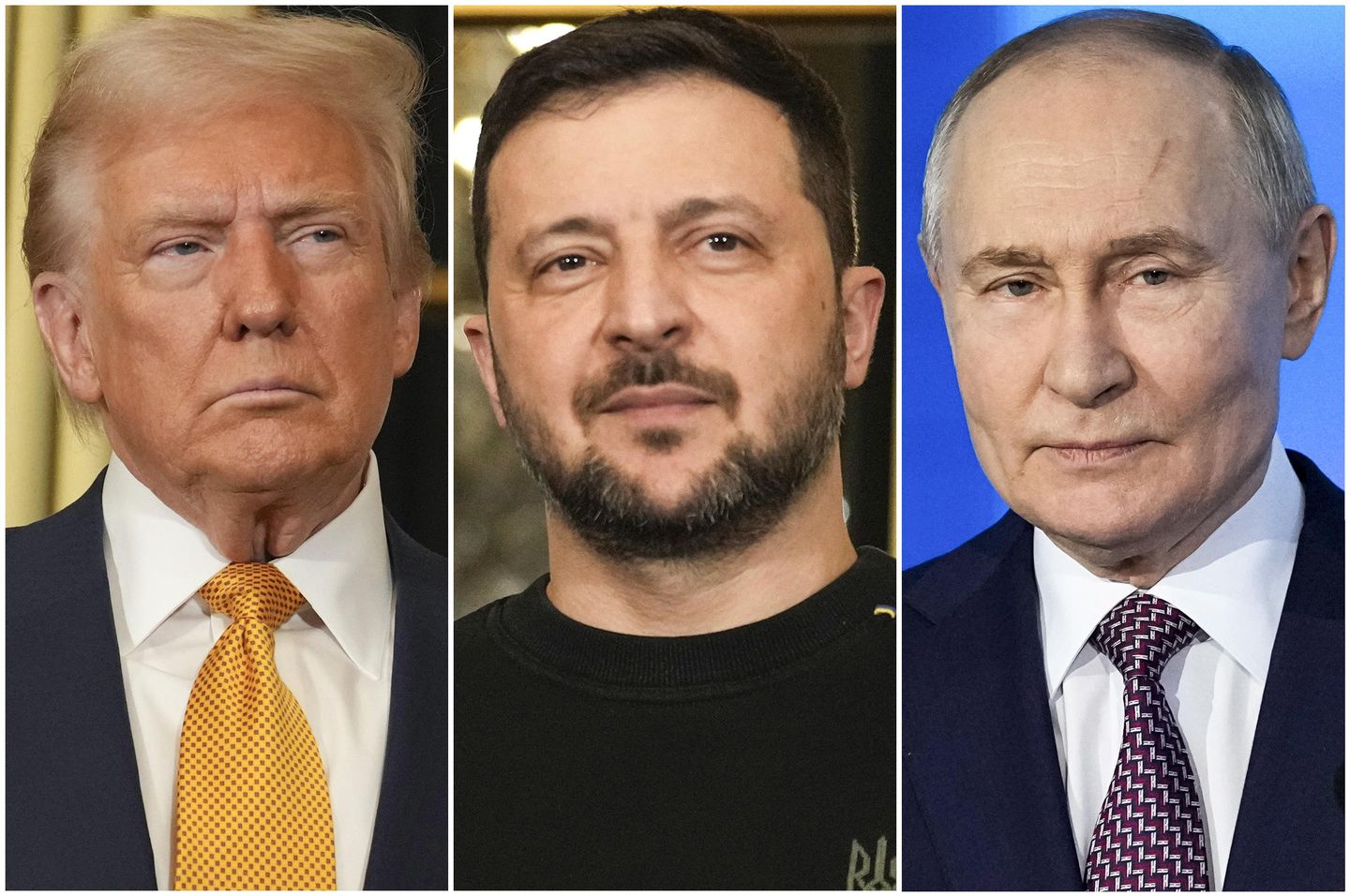The three-year long war in Russia and Ukraine, a conflict that has resulted in countless casualties and displaced many from their homes, may be on the cusp of a significant turning point. The war’s potential cessation hinges on Moscow accepting the US’s proposal of a 30-day halt in combat. This ceasefire is intended to serve as a confidence-building measure for both sides to draft a sustainable, longer-term peace plan.
The U.S. government has proposed a pause in the violent conflict, suggesting that both parties involved in the dispute should agree to a ceasefire for a period of 30 days. The aim of the proposed ceasefire is to foster an environment of trust and mutual understanding, which could then pave the way towards a broader peace plan aimed at ensuring long-term stability in the region.
The ongoing conflict, which has been a constant source of tension between Russia and Ukraine for over three years, has taken a heavy toll on both nations. The war has resulted in a large number of casualties, devastated communities, and led to a significant displacement of civilians. A ceasefire could potentially alleviate some of this suffering, offering a much-needed respite to those affected by the war.
The U.S. proposal for a 30-day ceasefire is not just about ending the violence, but it’s also about laying the groundwork for discussions on a more permanent peace agreement. It’s about giving both sides the opportunity to actively engage in dialogue, to air their grievances and voice their demands, without the constant threat of violence looming overhead.
Such a ceasefire would provide a window of opportunity for both Russia and Ukraine to come to the table and engage in constructive dialogue. It would allow both nations to focus on fostering conversation rather than continuing combat, and this could potentially lead to a more comprehensive and lasting resolution.
The success of the proposed ceasefire, however, depends solely on Moscow’s willingness to accept it. The U.S., acting as a mediator in the conflict, has put forth the proposal, but it’s ultimately up to Russia to agree to the terms and to uphold the ceasefire once it’s in place.
If Moscow agrees to the proposed 30-day ceasefire, it could mark a significant step towards ending the ongoing war. The cessation of hostilities, even if only temporary, would give both sides a chance to regroup, reassess and potentially find common ground. It would provide a much-needed break in the violence, giving those affected by the conflict a chance to start rebuilding their lives.
Beyond the immediate benefits of reduced violence and potential for dialogue, the proposed ceasefire also has broader geopolitical implications. The ongoing Russia-Ukraine conflict has been a source of considerable tension between Russia and the West. If the ceasefire were to be agreed upon and successfully implemented, it could help to ease these tensions and potentially lead to a more stable geopolitical climate.
However, the journey towards a lasting peace is not without its challenges. Any ceasefire, no matter how well-intentioned, is only as strong as the commitment of the parties involved to uphold it. It requires both sides to lay down their arms and agree to a period of non-aggression, which can be a difficult and complex process.
In addition, once the ceasefire is in place, the task of hammering out a longer-term peace plan begins. This involves negotiating a series of complex and sensitive issues, including questions of sovereignty, territorial disputes, and the future political and economic relationship between Russia and Ukraine.
The U.S. proposal for a 30-day ceasefire in the Russia-Ukraine conflict is a significant development in the ongoing crisis. If accepted by Moscow, it could pave the way towards meaningful dialogue and potentially a longer-term peace plan. However, the road to peace is fraught with obstacles, and it will require a commitment from all parties involved to navigate these challenges and work towards a resolution.
In the end, the success of the proposed ceasefire and the potential for a longer-term peace plan hinges on Moscow’s willingness to accept and uphold the ceasefire. If successful, this could mark the beginning of a new chapter in Russia-Ukraine relations, one characterized by dialogue, mutual understanding, and hopefully, lasting peace.









